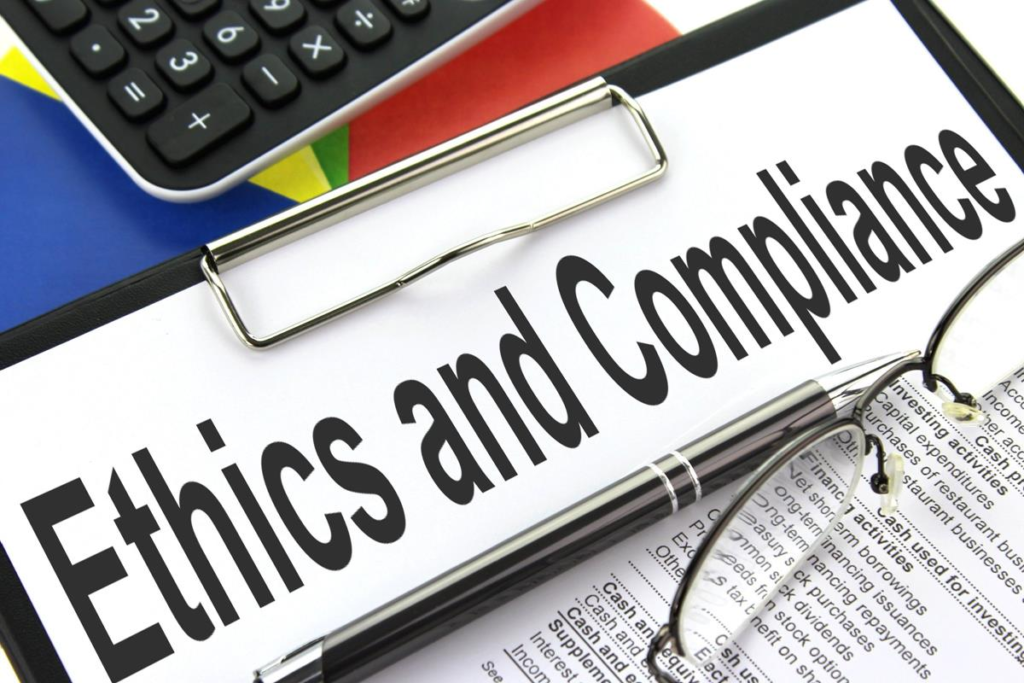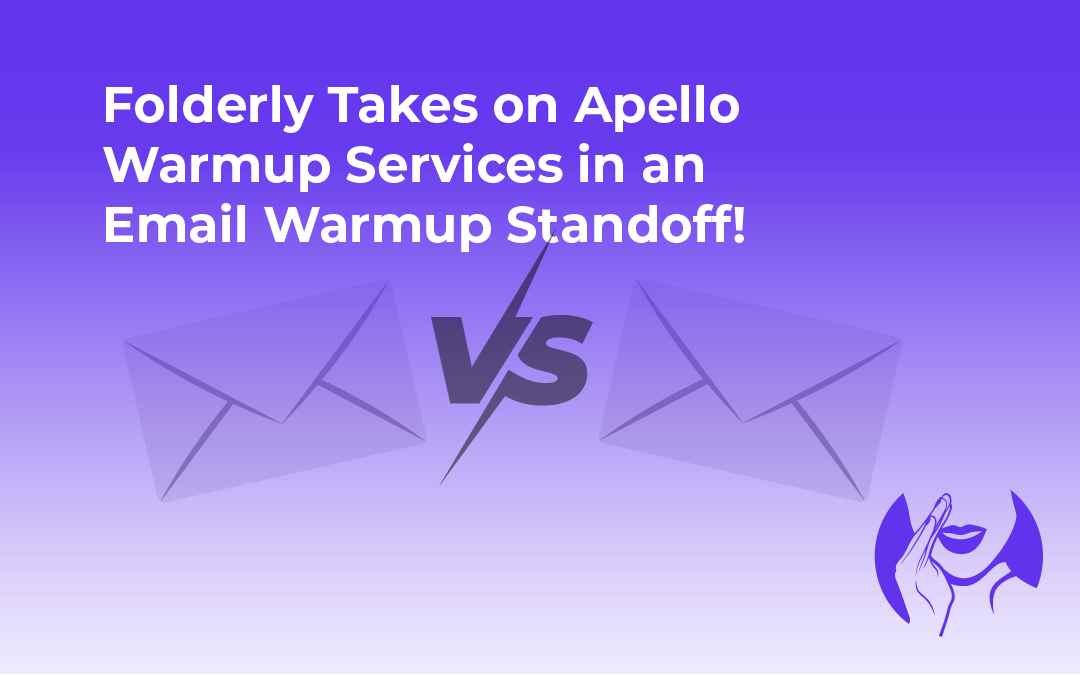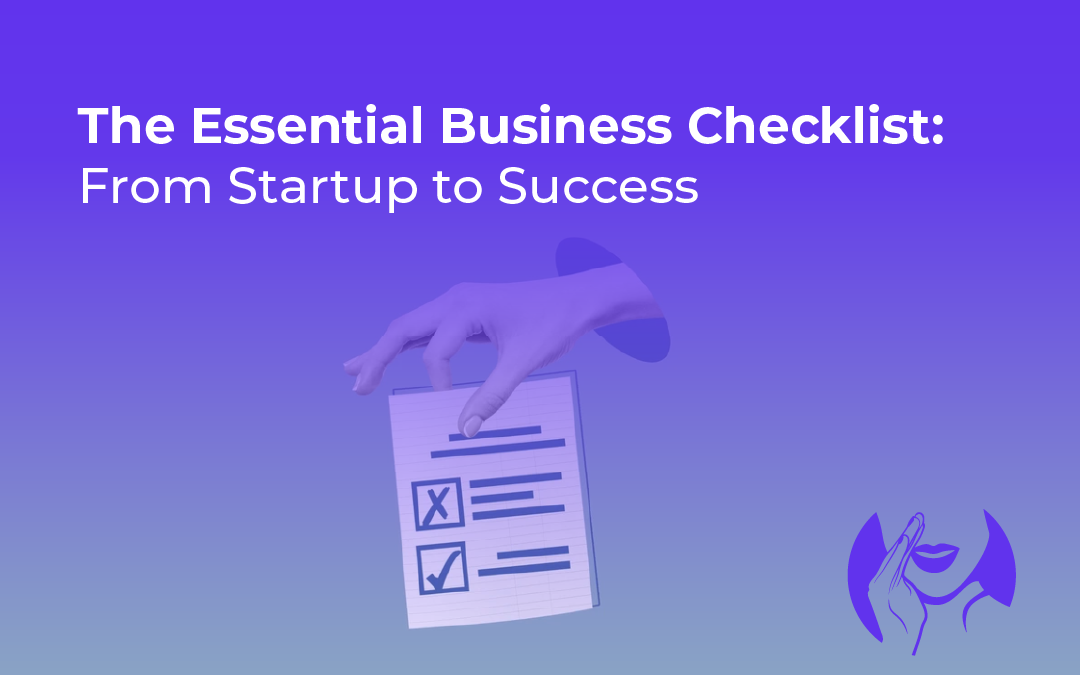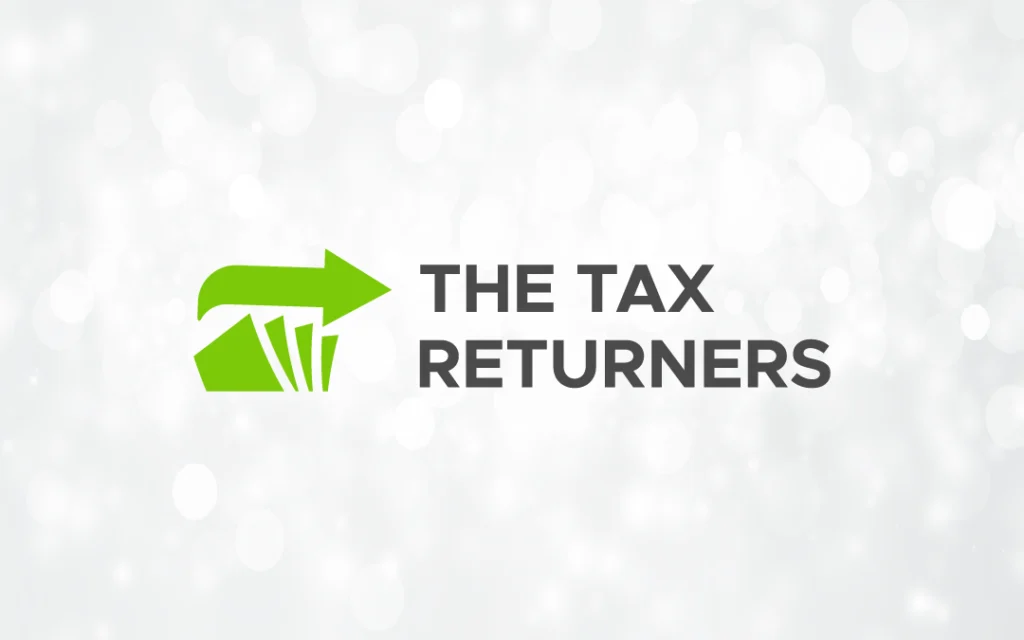Taking the reins of a new venture can feel like disentangling a giant knot, but with a trusty business checklist, the clarity you crave is finally within reach. Jumpstart your journey with a straightforward process that sets you up for success from day one. Whether you’re a seasoned entrepreneur or just starting, a checklist is key to staying organized and achieving your goals.
Table Of Contents:

- The Foundation: Legal and Financial Considerations
- Building Your Team and Workplace
- Marketing and Branding Your Business
- It’s not just about meeting minimum requirements; you’ve got to keep your compliance up to date, with regular tasks and upkeep that demand your focus.
- Special Considerations for Specific Industries
- Frequently Asked Questions (FAQs)
- Our expedition through the primary themes draws to a close; we consolidate the salient facts, thereby laying the groundwork for continuous refinement and improvement.
The Foundation: Legal and Financial Considerations

Before launching your business, establish a strong legal and financial base. Building a strong foundation requires sorting out the logistical ducks in a row – this means deciding on a business structure, rounding up necessary permits, and getting your financial house in order.
Choose Your Business Structure
Selecting the right business structure is paramount. Your taxes, your exposure to lawsuits, and even the way you do business – all of these are impacted by this decision. Some choices include sole proprietorship, partnership, limited liability company (LLC), and corporation.
Small businesses face a trade-off with each option, reaping benefits in one area while making sacrifices in another. For example, sole proprietorships are easy to set up. LLCs offer liability protection. Corporations are more complex but may provide tax benefits.
Obtain Necessary Licenses and Permits
Legal compliance is crucial for all businesses. Your business’s paperwork requires careful consideration – the location and type of business you run determines the licenses and permits required.
These could include a general business license, professional or trade licenses, health department permits, and sales tax permits. Operating without the required licensing requirements can lead to penalties.
Set Up Your Finances
Proper financial management is essential for any business owner. Open a business bank account, apply for an Employer Identification Number (EIN) from the IRS, set up an accounting system, and understand your tax obligations.
While cash-only might seem simple, accepting credit cards and other payment methods is often preferred by customers.
Building Your Team and Workplace

As your business expands, you’ll likely need to hire employees and establish a workspace. Use the footer navigation links available if needed.
Figuring out who to bring into the fold is a high-stakes challenge that every entrepreneur and business leader faces at some point.
Building a dream team from scratch takes more than just gut instinct – it demands a methodical approach. Verify employee eligibility using E-Verify, have employees complete Form I-9 and Form W-4, and set up payroll and benefits.
Secure workers’ compensation insurance and comply with all applicable employment laws.
Setting Up Your Workspace
Whether you’re operating a home-based business or leasing an office, create a functional workspace. Consider zoning laws, insurance needs (liability, property), equipment and supplies, and internet and phone services.
Many small businesses operate from home, but ensure it aligns with regulations and your needs. At the SBA, small businesses can find a pot of gold – a wealth of valuable resources that can help them thrive and succeed.
Marketing and Branding Your Business

Effective marketing is vital to business success. Imagine a brand that sparks recognition and connection – that’s what you get when you combine a clear identity with a solid marketing plan. You’ll need an identification number as well.
Develop Your Brand Identity
Your brand identity encompasses your business’s personality and values. Choose a memorable business name (consider a business name generator), design a logo, and craft a consistent brand voice and messaging.
Build a brand style guide that speaks to every channel, all the time.
Stop existing online and start living: craft a digital persona that reflects your passions and accomplishments.
A healthy online presence is like having a steady pulse – it’s essential for keeping your small business alive and thriving in today’s digital landscape. Register a domain name (conduct a domain search), build a website, create social media profiles, and set up a Google My Business listing.
Plan Your Marketing Plan
Reach your target audience by crafting a detailed marketing plan. Define your target customers, select suitable marketing channels (social media, email marketing, content marketing), allocate a marketing budget, and develop a content calendar.
Continuously review and refine your strategy based on performance.
It’s not just about meeting minimum requirements; you’ve got to keep your compliance up to date, with regular tasks and upkeep that demand your focus.

When you’re in charge, the burden of ongoing tasks and regulatory compliance falls squarely on your shoulders. Use online tools such as the footer navigation to keep organized.
Regular Filings and Reports
Meet all filing deadlines to avoid penalties. This includes annual reports, tax returns (business tax, federal tax), payroll taxes, and sales tax returns. Accurate financial statements are also necessary.
To avoid the last-minute scramble, make sure you’re aware of all your upcoming deadlines and utilize an accounting system that actually makes sense to you.
Regulations are always on the move, so stay up to speed.
Don’t get caught off guard by unexpected regulatory updates – instead, prioritize staying informed about the latest developments in business administration. Join industry associations, subscribe to newsletters, and regularly consult official government websites for the latest information.
Identifying areas for improvement and opportunity is just the first step – the real challenge lies in crafting a strategic plan that propels you forward.
Evolve your business strategy as you scale to stay ahead of the game. Regularly review and update your business plan and checklist to align with evolving goals and market conditions.
Special Considerations for Specific Industries

Some industries have specific requirements beyond general business practices. They’re like chess pieces: unique in their own right. Need a hand? The Inspector General’s got your back, offering a range of supportive resources and knowledgeable staff.
Food and Beverage Industry
Food and beverage businesses must comply with health regulations and obtain the necessary permits and licenses. This includes health department permits, food handler certifications, and liquor licenses if selling alcohol. Three things you’ll never find on the market: lottery tickets, gasoline, and firearms – they’re strictly forbidden.
E-commerce
Online businesses need to prioritize website security and customer privacy. Ensure your website has an SSL certificate, a clear privacy policy, terms of service, and a secure payment gateway.
Regulated Industries
Heavily regulated industries often require special licenses and permits. This includes industries like investment advising (consult the SEC), drug manufacturing (FDA regulations), and broadcasting (FCC requirements).
Always consult with the relevant regulatory bodies to ensure full compliance.
Frequently Asked Questions (FAQs)
Q: How often should I review my business checklist?
A: It’s recommended to review and update your checklist at least annually or whenever your business undergoes significant changes.
Q: Your business succeeded, but you know compliance laws vary state by state; the next step is finding those specific requirements, but where do you look?
A: The Small Business Administration (SBA) offers resources and state-specific guidance on their official website.
Q: Before turning your side hustle into a full-time gig from home, ask yourself: is a business license necessary for operation?
A: Yes, even home-based businesses may require licenses and permits. It is prohibited to sell lottery tickets, gasoline, and firearms out of your home. Before you start, get the lowdown from your local government on what’s expected.
Our expedition through the primary themes draws to a close; we consolidate the salient facts, thereby laying the groundwork for continuous refinement and improvement.

A solid business checklist is like having a safety net – it catches potential missteps and keeps you on track, whether you’re just starting out or expanding your operations. Take the guesswork out of business ownership with step-by-step guidance on everything from establishing a legal entity to building a financial foundation, driving marketing results, and crafting efficient operations that meet all compliance requirements. Make your business debut with confidence – this expert-led guide will equip you with the know-how to supersede expectations.
Your business checklist isn’t static; adapt it as your business evolves. Regularly taking a fresh look at it keeps it on track and in sync with what matters. A business can’t thrive on wishful thinking alone; you need a clear, level-headed strategy to get it off the ground and keep it flying high.














